Published
- 03:00 am

Prelim, a fintech provider optimizing digital banking experiences for financial institutions, has announced a proprietary framework technology that allows banks and credit unions to connect with any technology company, including core providers, through a single line of code.
Traditionally, community financial institutions in particular have been challenged to create thousands of lines of code (either by an in-house or outsourced IT team) to connect disparate technology systems within an institution’s technology stack. With its most recent enhancements, Prelim provides bankers with a more efficient, user-friendly process to achieve these connections and in doing so, offers greater control over their institutions’ digital banking ecosystems.
For financial institutions using Prelim, the platform can essentially serve as a connector between a bank or credit union’s core system and its mobile banking, digital account opening, commercial banking, treasury management, or any other supplemental technology that plays a role in the customer journey.
“My experience working with financial institutions of all sizes has shown how important it is to have both the flexibility and scalability to handle the connections between different providers and systems,” said Marcio DeOliveira, CTO and Chief Digital Banking Officer of Climate First Bank. “This enhancement from Prelim provides FIs with this capability and level of control by allowing any bank or credit union to quickly and easily connect all their preferred technologies and systems.”
“We enable community FIs to more effectively compete in the marketplace by providing a modern, efficient customer journey by leveraging the easy-to-use API connectors,” explained Heang Chan, CEO and founder of Prelim. “Too often, banks’ and credit unions’ digital transformation initiatives are hindered by operational challenges and the level of resources required to complete them. By distilling system interfaces down to a single line of code, we are bringing a new level of accessibility, control and convenience to financial institutions as they implement their digital roadmaps.”
Related News
- 06:00 am

Bloomberg announced today that HDFC Bank, India’s largest private sector bank, has adopted Bloomberg’s Multi-Asset Risk System (MARS) in its technology stack, as it prepares for the transition to risk-free rates (RFR).
With the December 2021 deadline of LIBOR cessation approaching for banks, HDFC Bank will adopt and integrate Bloomberg MARS Front Office and MARS Valuations solutions with their core banking system, to efficiently implement and transition into the new RFR regime. HDFC will tap on Bloomberg solutions to calculate interest using the new “1 Day effective rate” and pass on entries into their Core Banking System.
Bloomberg’s Pricing Library and Market data are fully geared up for the new RFR curves and analytics. The MARS and MARS API (Application Programming Interface) tools provide all the necessary valuation and risk numbers for both cash and derivatives securities.
Ashish Parthasarthy, Treasurer, HDFC Bank said: “Moving to a new reference rate system is extremely complex and resource intensive, and requires us to take into account local jurisdictions, overnight rates, combination of holiday calendars and new conventions of lookback and observation shifts. Bloomberg’s Multi-Asset Risk System enables us to overcome operational challenges with easy-to-use tools that are adapted to the new alternative rates.”
“The end of LIBOR brings many operational challenges for firms with the need to supplement or even replace risk management systems to support new rates and conventions. We are pleased to support HDFC in structuring and managing post-LIBOR risk, with consistent calculations across their entire portfolio with various asset classes,” added Bing Li, Head of APAC, Bloomberg.
“There are important fundamental differences between IBORs and RFRs, and so it is imperative for banks and other market participants to have updated systems and infrastructure, as the transition away from LIBOR takes place. Bloomberg’s comprehensive set of solutions to support this transition enables our clients to efficiently meet complex challenges in terms of pricing and risk of their portfolios,” said Jose Ribas, Global head of Derivatives, Risk and Pricing, Bloomberg.
Bloomberg MARS, which is delivered on the Bloomberg Terminal and via APIs, provides risk analytics for cash and derivatives securities, from vanilla to complex and cash structured products. MARS Front Office delivers a comprehensive suite of on-demand risk analytics, advanced scenario and stress test capabilities and term structure of risk as a streamlined workflow solution. MARS Valuations provides credible and complete end-of-day market valuations for enterprise usage and reporting.
Bloomberg delivers a comprehensive suite of solutions to support IBOR transition, including scenario analysis to determine the impact of the transition on portfolios. On the Bloomberg Terminal, clients can also access fallback datasets to identify IBOR-linked securities in their portfolios and negotiate trades using Risk Free Rates (RFRs). In addition, Bloomberg publishes term and spread adjustments for the fallbacks that ISDA intends to implement for certain IBORs.
Related News
- 03:00 am

Leading banking credit information provider CRIF today announced a global commercial partnership with award-winning RegTech company Know Your Customer underpinned by a strategic financial investment into the firm.
A global company based in Bologna (Italy), CRIF specialises in credit bureau and business information, as well as advanced digital solutions for business development and open banking.
Know Your Customer is an award-winning RegTech company headquartered in Hong Kong with offices in Singapore, China, Ireland, and the UK. It provides digital solutions for corporate KYC and client onboarding automation to financial institutions worldwide.
The partnership will enable Know Your Customer to leverage CRIF’s long-established and extensive customer network across 40 countries and 10,500 financial institutions to accelerate growth in new and existing global markets. The capital injection will allow Know Your Customer to broaden its product scope to target previously untapped sectors and extend the development of Artificial Intelligence (AI) and automation components within its platform.
Under the agreement, CRIF will expand its existing KYC data offering to include Know Your Customer’s premium cloud-based platform to power end-to-end digitisation of corporate onboarding for the global financial sector.
The collaboration between the two firms aims at accelerating innovation processes for banks and FinTechs in need of extensive digital transformation in our new business environment. The partnership will also provide an enhanced customer experience to individuals and businesses worldwide by leveraging a more comprehensive and updated data set, ultimately making access to credit simpler.
The transaction follows significant business growth for Know Your Customer over the past 18 months. The company’s client base spans 11 sectors and 18 jurisdictions, including Tier 1 banks, leading corporate service providers, large credit card issuers, fast-growing FinTechs and Asian and European challenger banks.
Claus Christensen, CEO & Co-Founder of Know Your Customer, commented:
“This new partnership and investment represent a tremendous achievement as well as an essential foundation for the next phase in Know Your Customer’s global expansion. The entire team at Know Your Customer is looking forward to collaborating closely with CRIF to expand the reach and further advance the capabilities of our cutting-edge corporate KYC solution”.
Carlo Gherardi, CRIF CEO, added:
“Know Your Customer’s technology represents a strategically important addition to our product portfolio, strengthening our position as centre of excellence for corporate KYC solutions in Asia and at global level”.
Following the investment, Paola Galassi, Executive Director of B2B Services at CRIF, will join Know Your Customer’s board of directors.
Zelig acted as exclusive strategic and financial advisor to Know Your Customer on the investment by CRIF.
Related News
- 04:00 am
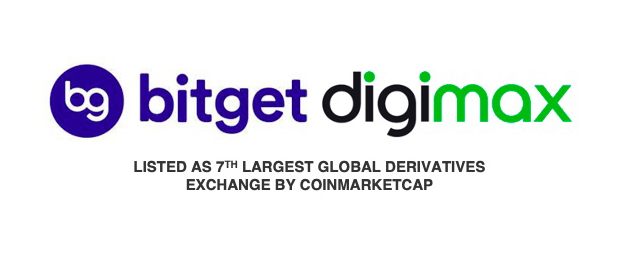
DigiMax Global Inc. (the "Company" or "DigiMax") , a company that provides artificial intelligence ("AI") and cryptocurrency technology solutions, is pleased to announce that it has signed a Collaboration Agreement with Bitget Exchange based in Singapore ("Bitget").
Established in July 2018, Bitget has become the fastest growing derivatives exchange in the world, with over 1.6 million registered users. According to CoinmarketCap, a world-renowned website for cryptocurrency markets, the average daily trading volume of Bitget has exceeded US$5 billion, ranking seventh after professional derivatives exchanges (FTX and Bybit), and the top three traditional comprehensive cryptocurrency exchanges: Binance, OKEx and Huobi.
With its innovative products and an increasingly robust ecosystem, Bitget has gained a sound footing amid ferocious and homogeneous competition in just three years. Following the launch of USDT-Margined Futures, One-Click Copy Trade and Quanto Swap Futures, the platform announced this April its full acquisition of decentralized wallet Bitkeep to lay a solid foundation for its future development in this segment.
The Collaboration Agreement will provide DigiMax and Bitget opportunities to collaborate on mutually beneficial business arrangements, including without limitation allowing Bitget users to first learn about CryptoHawk, and ultimately directly access CryptoHawk information inside the Bitget system. The companies further intend to develop an API system that would allow Bitget users to access CryptoHawk signals and permit direct one-button trading by Bitget users based on new CryptoHawk indicators being issued.
"We are very pleased to be able to partner with DigiMax to allow our exchange users to have better trading information which in turn, will allow them to substantially increase their trading profits from the AI-based trading signals provided CryptoHawk," said the CEO of Bitget. "In turn, we are excited to be able to offer CryptoHawk subscribers a high-security, low-cost platform for long and short trading in their personal or institutional accounts."
"By becoming a collaboration partner with Bitget, CryptoHawk users will have a great opportunity not only to increase the efficiency and security of their trading, but in the near future they will also have access to automated trading from the CryptoHawk signals," said DigiMax CEO Chris Carl. "We are excited to partner with Bitget to deliver ever increasing value to both of our sets of users now, and in the future."
CryptoHawk is an AI-driven, price trend prediction tool that can be used by any investor to maximize their digital trading profits. It continues to deliver hourly price-trend prediction indicators to help subscribers interested in trading Bitcoin or Ethereum, and now provides overall trend guidance for a broader portfolio of crypto currencies. The
CryptoHawk tool is unique as it uses AI and machine learning to capture profit from the volatility of crypto currencies, rather than incur the risk of buy-and-hold investments. As previously announced by the Company, the combined June-July 2021 period saw
CryptoHawk trading signals generating returns of +44.9% for Bitcoin and +22.1% for Ethereum before trading commissions. During that same period Bitcoin had a net change of +5.1% while Ethereum dropped -3.6% during the period.
DigiMax also announces that it has issued each of its four Directors an Option for 250,000 shares at $0.20 cents per share with a Term of two years effective as of today's date.
Related News
- 05:00 am
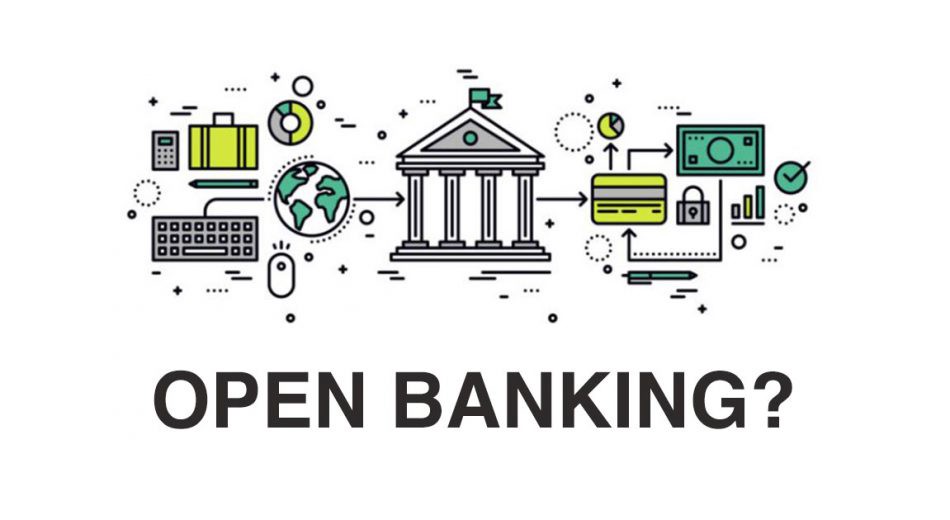
Tom Greenwood, CEO at Volt
“The launch of Open Banking Excellence’s presence in Brazil on 1st September is just the latest indication of the country’s potential to emerge as a leader in the Open Banking movement. Banco Central do Brazil (BCB) has gone one step further than its European counterparts, in devising an Open Banking framework that not only envisages but acts as the roadmap to Open Finance.”
“The four-phased approach will transform data sharing between banks (phase one), before addressing consumer privacy rights (phase two), the ability to initiate transactions (phase three), and finally the application of this to other verticals within financial services, such as credit, insurance and investments (phase four).”
“This will enable unseen levels of interoperability and innovation. We expect to see a multitude of additional services around authentication and automation. Payments will incorporate different scores of Buy Now Pay Later options and treasury management will be done in ways that leads to new investments strategies, and so on. The possibilities are vast and it’s a model that we expect other regulators around the world to follow.”
“The BCB’s considered approach to building this framework will result in an Open Banking infrastructure that is more advanced than Europe. The Open Banking landscape is beginning to level up across the globe, which makes it an exciting time for us to be at the centre of the open payments revolution.”
Andre Faria, Founding Director, LATAM at Volt
“Of course, the actual deployment of such an ambitious new model is not easy. A comparison to Europe’s own Open Banking journey tells us that delays are often inevitable. Certainly, the BCB’s second and third phases have both experienced delays so far, with the latter recently moved from 30 August to 29 October 2021. Discussions around cost allocation to subsidise the tech infrastructure needed are still to be had, and the immediate impact of the second (and arguably most important) wave has not yet been felt in the weeks following its official launch in August.”
“This has made for a truly gradual process rather than the clean shift that official launch dates can lead us to believe. But the BCB has been moving incredibly fast and the industry landscape is much more primed for open banking than that of Europe. A concentration within the five big traditional banks supported by a group of well-funded digital players such as Nubank is creating a diverse but condensed environment in Brazil, in comparison to Europe’s complex network of spaghetti infrastructure supporting, say, six thousand banks.”
“Perhaps most importantly, consumer demand for more accessible and flexible financial products in Brazil cannot be overstated. That’s why I’m betting we will see Brazil move twice as fast as its precursors and quickly take the global lead in the race towards Open Finance.”
Related News
- 07:00 am

In order to help a business monitor and reliably measure the financial situation of a company, a regulatory statuary audit is vital. Not only does an audit help present a business’s monetary situation in a true and fair manner, but it also provides clarity and comfort to stakeholders that the company has adopted appropriate accounting policies and methods.
Although statutory audits can take a variety of different forms depending on the scale, complexity, and nature of your business, one may be considered more appropriate than the other. Put into some context, for a small retail company an audit will most likely be focused on stock valuation, margins, and receipts. Alternatively, an audit for the likes of a large property investment company will largely focus on property valuation, funding, and systems.
When presented to potential investors, an audit report can do more than just clarify a business’s financial situation — it can also offer the reassurance needed for investors before they make their final decision.
Furthermore, there are multiple benefits of supplying investors with an audit report, some include:
- Compliance — for business owners, shareholders, and potential investors, showing conformity to an audit process is one way to show investors that a company is credible and transparent.
- Improves planning, budgeting, and forecasting — since statutory audits give credibility to historic numbers, this information can be used to forecast ahead and ultimately limit the potential financial risks a business might face.
- The credibility given to financial statements — the main purpose of an audit is to verify that the financial statements are true and fair thus helping to build trust with an investor.
When an investment decision is being made, all investors and entrepreneurs know that business transparency is key. Audits can ultimately help increase the confidence that investors have through the reassurance provided by the audit.
Stressing the importance of audits is Andrew Millet from Wisteria Accountants, saying: “Any company that is seeking investment over the next few years should be thinking of voluntarily having themselves audited. Leaving it until the year of investment is often too late”.
How important are investors for emerging businesses?
In order to successfully encourage investors, early stage businesses that are seeking funds to grow with will need to dedicate a lot of time towards providing a reliable and accurate audit. Not only that, the likes of a credible management team, a business model, robust systems, and a good trading history will also help paint your business in a positive light. Furthermore, a statutory audit will help enhance an investor’s views on the company and confirm that the management is thorough, transparent, can operate with a heightened level of integrity, and is willing to be open to scrutiny.
It’s common for businesses in the early stages to become carried away with sales and products. Although this is of high importance, they must also monitor their systems, processes, reporting, accounting, and compliance, at all times. The likes of a statutory audit will help all businesses achieve this. Investors could be intrigued by the idea of your business in theory, but the comfort and reassurance they get from the management team will be the ultimate determinant whether they invest or not.
Related News
- 06:00 am

Gala Technology, the innovative Yorkshire-based company behind the multi-award winning ‘Cardholder Not Present’ (CNP) payment solution, SOTpay, have announced a partnership with FreedomPay, the global leader in secure commerce technology for lodging, retail, restaurants, stadiums and other hospitality merchants
SOTpay enables cardholders to complete secure remote transactions, whilst remaining in control of their sensitive card information on their personal device. Transactions are fully authenticated and PCI DSS compliant, negating the risk of fraud-related chargebacks and associated costs for the merchant.
FreedomPay deliver a unique client experience that meets the merchant where they are and helps them to where you want to be next. Their Data-Driven Next Level Commerce™ Platform enables end-to-end consumer experiences by delivering dynamic offers, a customized check-out across all channels and analytics through business intelligence.
Following the outbreak of COVID-19, FreedomPay responded with characteristic determination and confidence, delivering uninterrupted platform services and increased customer and partner support. To prepare their partners for the future, FreedomPay also introduced the Touchless Commerce program.
The partnership supports FreedomPay in providing its merchants with the ability to process secure and PCI DSS compliant payment transactions across a number of channels including telephone, webchat, SMS and social media platforms. The new agreement is also timely given the record number of people who continue to work from home in unprecedented situations following the outbreak of the pandemic.
Barry Stearn, Vice-President, Partnerships, FreedomPay stated “FreedomPay are delighted to partner with Gala Technology, bringing together consistently award-winning payment innovation for the benefit of our mutual clients. Both organisations share an ethos that integrations solve for complex payment scenarios, thus improving the consumer journey as a result.”
Gala Technology CEO Jason Mace, commented, “We are thrilled to partner with FreedomPay to help provide their merchants with secure and PCI DSS compliant transactions across multiple channels. Our cloud-based technology does not require any additional hardware or integration, or any amends to existing telephony and network infrastructure, which means that deployment can be swift and incredibly cost effective. It’s perfect for remote working environments.”
Related News
- 08:00 am
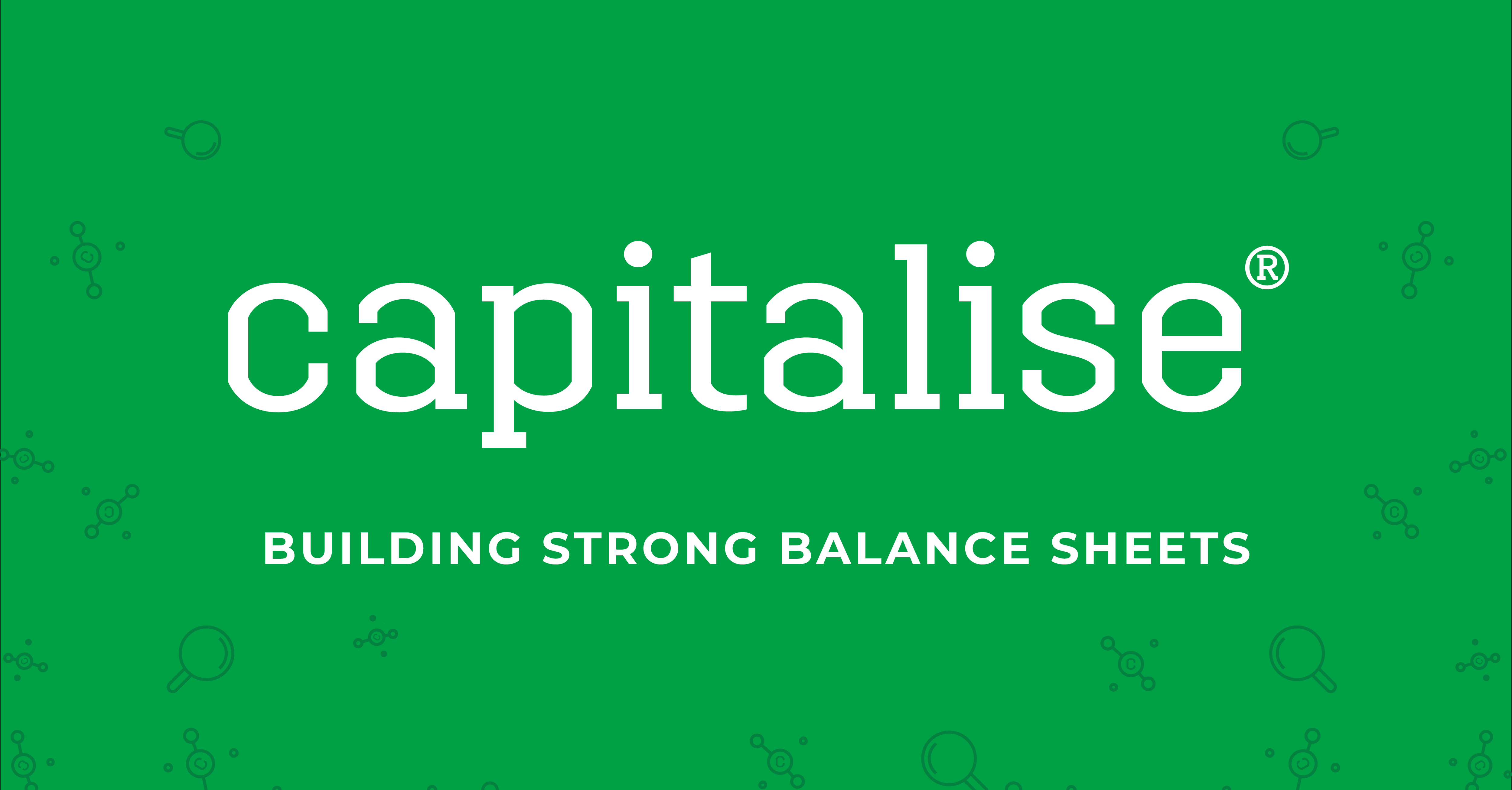
Latest Innovation on Proprietary Accountant and SME platform
Capitalise.com, a digital ‘super platform’ that allows accountants and their SME clients to access capital from mainstream and alternative finance providers with a suite of credit and risk tools, has raised £10 million from Experian, QED Investors, Gauss Ventures, Hambro Perks and Post Finance.
The investment will expand Capitalise’s accountant and SME platform with a suite of integrated credit protection and risk management services designed specifically for SMEs.
Powered by Experian and embedded within an accounting service and SME balance sheet, ‘Capital Reports’ takes up where traditional credit reports leave off. It allows accountants to protect their SME clients from unforeseen risks of their clients’ and suppliers’ credit positions by warning of potential defaults, it analyses what is available to a business and its propensity or need to borrow, and provides real time access to Capitalise’ curated marketplace of over 100 mainstream and alternative lenders.
Half a million UK SMEs have cash reserves of 4 weeks or less. Of those, some 230,000 are at high risk. Their average account balance is £45,000 but the average SME has £30k in outstanding delayed payments: with little idea about when, or if they will be paid. A stronger understanding of the financial risks posed by the suppliers and clients on whom they depend makes SMEs more resilient while improving their own credit rating, allowing easier access to capital at more attractive pricing from both mainstream and alternative finance providers.
Capitalise CEO and Co Founder Paul Surtees says; “Everybody has had to think differently during the pandemic, including us, so we created a virtuous circle in which SMEs and their advisors are shielded from risk and helped to grow. Powered by Experian’s credit data, our propensity modelling and open banking, we underline our commitment to our accounting community by bringing their data to life and supporting their SME clients, in bad times and good”.
‘Capital Reports’ will be available on the Capitalise platform which underpins the digitisation and access to capital of over 2,000 UK accounting firms and has delivered over £1billion of offers from its panel of 200 capital providers. Delivery will be through a free and paid subscription model. On launch it will be available to more than 450,000 SMEs via their accountants and many more via API and open banking partnerships".
Capitalise CPO and Co Founder Ollie Maitlaind says; “Managing credit risk is central to lender activity but SME owners typically overlook it. This restricts their growth and jeopardises their survival. While the digitalisation of financial services was on course to deliver SMEs with efficient access to new capital providers, the pandemic highlighted the fragility of their supply chains. As they emerge, their ability to recover and protect capital, while boosting their appeal to the lending community will be crucial. Capital Reports will make an unprecedented and timely contribution to SMEs’ ability to survive, and grow, in the UK within the coming months, in South Africa in Q4 with more countries to follow.
Yusuf Ozdalga, London Partner at QED Investors says; "Capitalise’s unique platform helps accountants better serve and help their clients by demystifying and streamlining the funding process, and bolsters their position as trusted advisors. This is an exciting stage in the Capitalise growth story and we are excited to be a part of it".
Related News
- 09:00 am
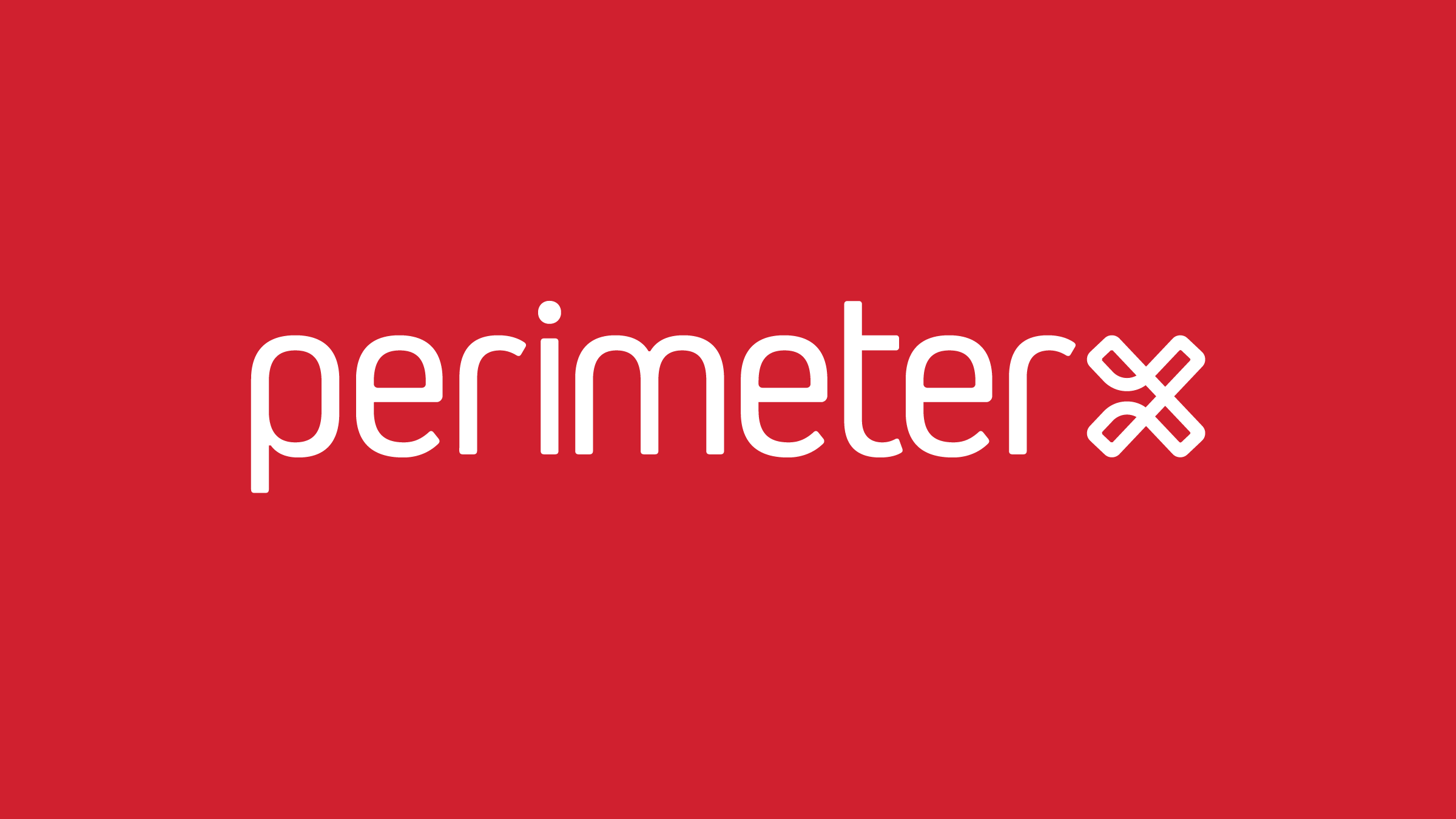
Costs of mobile and web-based fraud reported as high as 8.3% of revenue with 84% of organizations experiencing account takeovers in the past year
PerimeterX, the leading provider of solutions that secure digital businesses against automated fraud and client-side threats, today released Quantifying the Impact of Credential Stuffing and Account Takeovers in Financial Services, a comprehensive report that examines how attackers have found credential stuffing attacks and account takeovers (ATOs) against organizations in the financial services industry to be a highly effective, highly scalable way to commit fraud.
The study, conducted by the Aberdeen Group, quantifies the risk of credential stuffing and account takeovers for four segments of the financial services industry in the United States: commercial banks, credit unions, savings institutions and fintech.
Key findings of the report include:
- Financial consequences have grown to a level that goes beyond a mere “cost of doing business,” to become a material business risk.
- To address the issue of credential stuffing and account takeovers, organizations in the financial services industry are about three times more likely to invest in fighting malicious bots than to take steps to reduce weak passwords and password reuse.
- Advanced bot detection and mitigation services top the list of technical capabilities being adopted to combat automated credential stuffing attacks.
In particular, bot-driven credential stuffing attacks are prevalent, and growing. 84% of all respondents reported that some number of their online users had experienced a successful account takeover in the previous 12 months.
Respondents were asked about the direct consequences from attacks on their customer accounts. The survey found that:
- 45% of organizations experienced fraudulent transactions
- 31% saw the creation of new accounts, e.g., credit applications
- 24% reported transfer of funds or other fungible value, e.g., loyalty points, rewards
"Throughout the financial services industry, the monetary consequences of credential stuffing and successful account takeovers — both direct, and indirect — have grown beyond a basic 'cost of doing business' to become a material business risk,” concluded Derek Brink, CISSP, vice president and research fellow for Aberdeen Strategy & Research. "Given the central role of digital credentials in the management of long-term, account-based relationships with their customers, it’s clear that addressing these risks now demands much closer attention."
Aberdeen’s quantitative analysis also estimated the median cost of an attack ranges from 2.7% to 6.4% of the revenue generated from their monthly active users for each of the four market segments: commercial banks, credit unions, savings institutions and fintech companies.
“The business impact of ATO-related fraud on an organization is higher than many people realize, which is why we undertook this important industry analysis. For example, the median revenue for the credit unions that responded to the survey is $65 million, and the median amount lost due to a data breach is 5.2% of revenue, which is more than $3 million. Preventing and fighting these attacks requires an investment in people, tools, technologies, services and data, but these costs can really add up so accuracy and efficiency are paramount. PerimeterX is committed to supporting our financial services customers to meet these challenges head on, helping them assure their account holders, investors and stakeholders that they are taking a strong, proactive approach to security,” said Kim DeCarlis, CMO, PerimeterX.
Related News
- 02:00 am
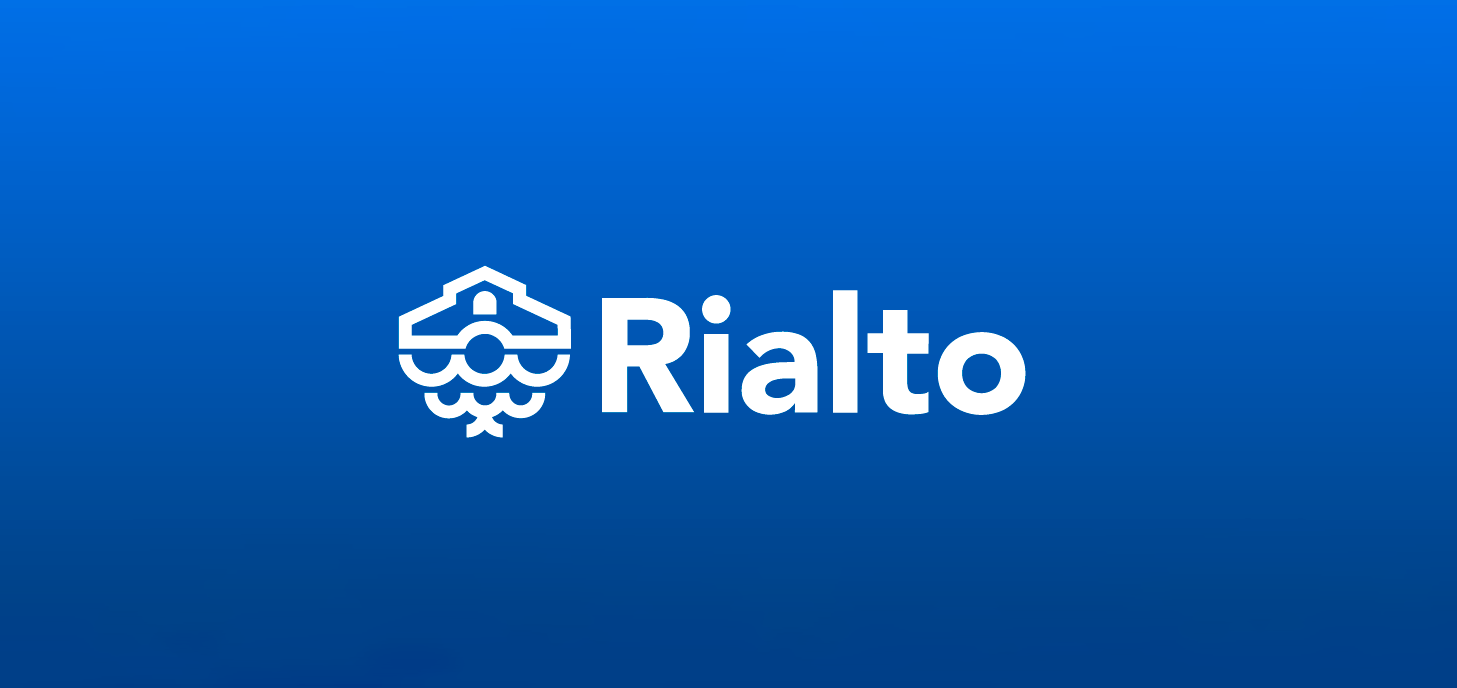
A US Government crackdown on unregulated digital exchanges and stablecoins has long been on the cards, according to broker dealer and pioneering secondary market ATS operator Rialto Markets.
But rather than trying to kill off this emerging sector, Rialto Markets’ Head of Market Structure Lee E Saba expects and welcomes an official drive to create a regulated investment environment:

Caption: Crackdown by regulators aims to protect investors entering a more digital world
“The ‘digital genie’ was out of the bottle so, rather than stifling innovation and emerging demand - which might encourage a shadow or ‘dark’ trading arena - the authorities should now seek to put pragmatic legislation and sensible oversight in place.”
Saba’s comment follows on from: US financial commissioners asking for more Congressional powers to regulate the ‘crypto-universe’; new digital/crypto provisions tacked onto US infrastructure bills; plus news of all-new legislation being drawn up to regulate the nascent industry - all in one week.
But Saba – also co-chair for the FIX Trading Community global industry standards organisation – added: “The authorities seem to appreciate some form of cryptocurrency is inevitable and is reviewing ‘stablecoins’ - digital currencies pegged to stable reserve assets like the US dollar or gold, thereby avoiding the volatility of unpegged cryptocurrencies like Bitcoin.
“Stablecoins are already a serious market sector; the top five USD players (Tether, USDC, BinanceUSD, Paxos, and TrueUSD) have a combined market cap of over $102 billion (source: coinmarketcap.com).
“Theoretically, a stablecoin can be used right across the financial framework – crypto or traditional – with users confident that they can convert it back to a real dollar or reuse that stablecoin to pay for other goods and services.
“But, as the financial authorities have realized, assets underpinning a stablecoin are not clear cut. Some of these can mix US Treasuries, Commercial Paper, Certificates of Deposit, Municipal Bonds, and Corporate Bonds, for instance, as well as dollars and gold.
“Not that there is anything wrong with those particular assets, but it does show how a stablecoin may be supported currently by a raft of assets that really needs defining and regulating.
SEC Chairman Gary Gensler has said: “Make no mistake - it doesn’t matter whether it’s a stock token, a stable value token backed by securities, or any other virtual product that provides synthetic exposure to underlying securities.
“These platforms – whether in the decentralized or centralized finance space – are implicated by the securities laws and must work within our securities regime.”
And Rialto Markets’ CEO Shari Noonan commented: “Chairman Gensler is saying that if the SEC deems stablecoins, are backed by non-dollar assets then they must register and comply with all US securities laws.
“These are the rules our experienced Wall Street trained management team know well, but outsiders tamper with at their peril, bringing down official scrutiny and regulation we now see being exercised.
“It will mean that any future trading of these new securities must happen on a regulated execution venue – an Alternative Trading System (ATS) such as our own Rialto Markets secondary MarketBoard or an exchange.
“This gives regulated ATSs and exchanges an increasingly important role within the digital asset landscape, that what regulators consider to be securities will be steered onto approved execution venues.”
Noonan also highlighted that stablecoins was a lead topic in a new crypto bill going before Congress, seeking to give the US Federal Reserve approval of and authority over any dollar backed stablecoin.









